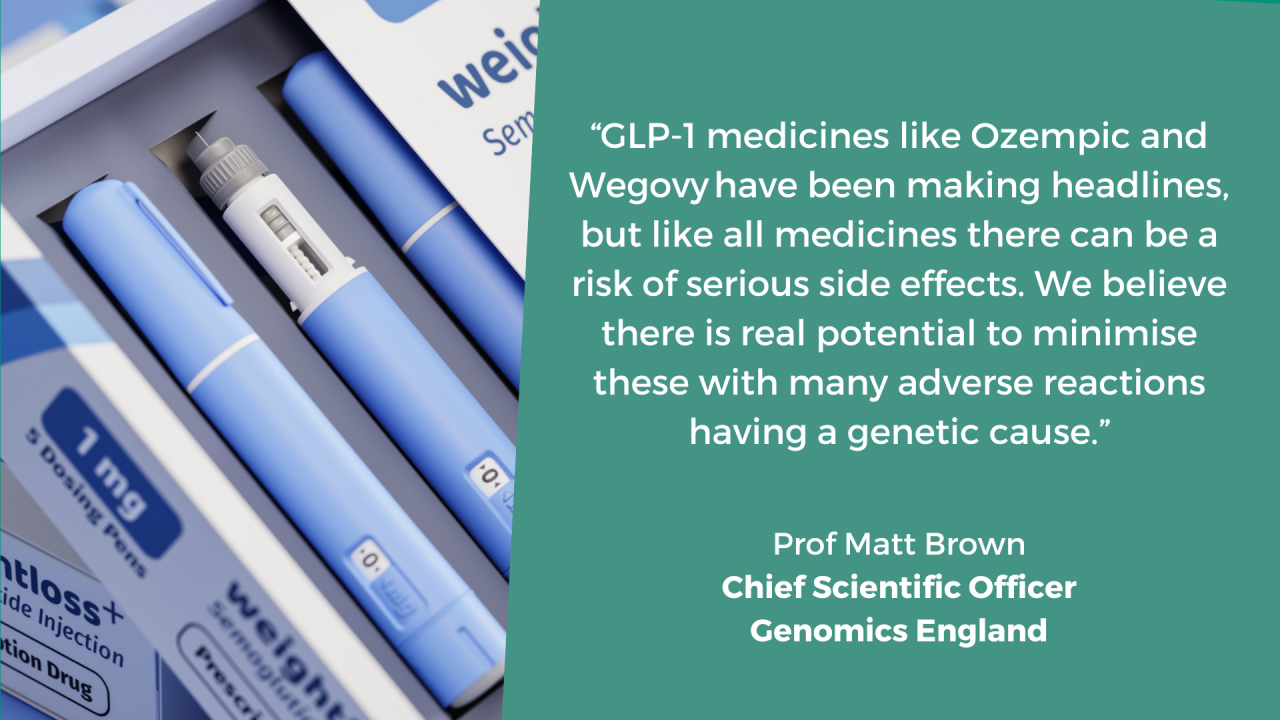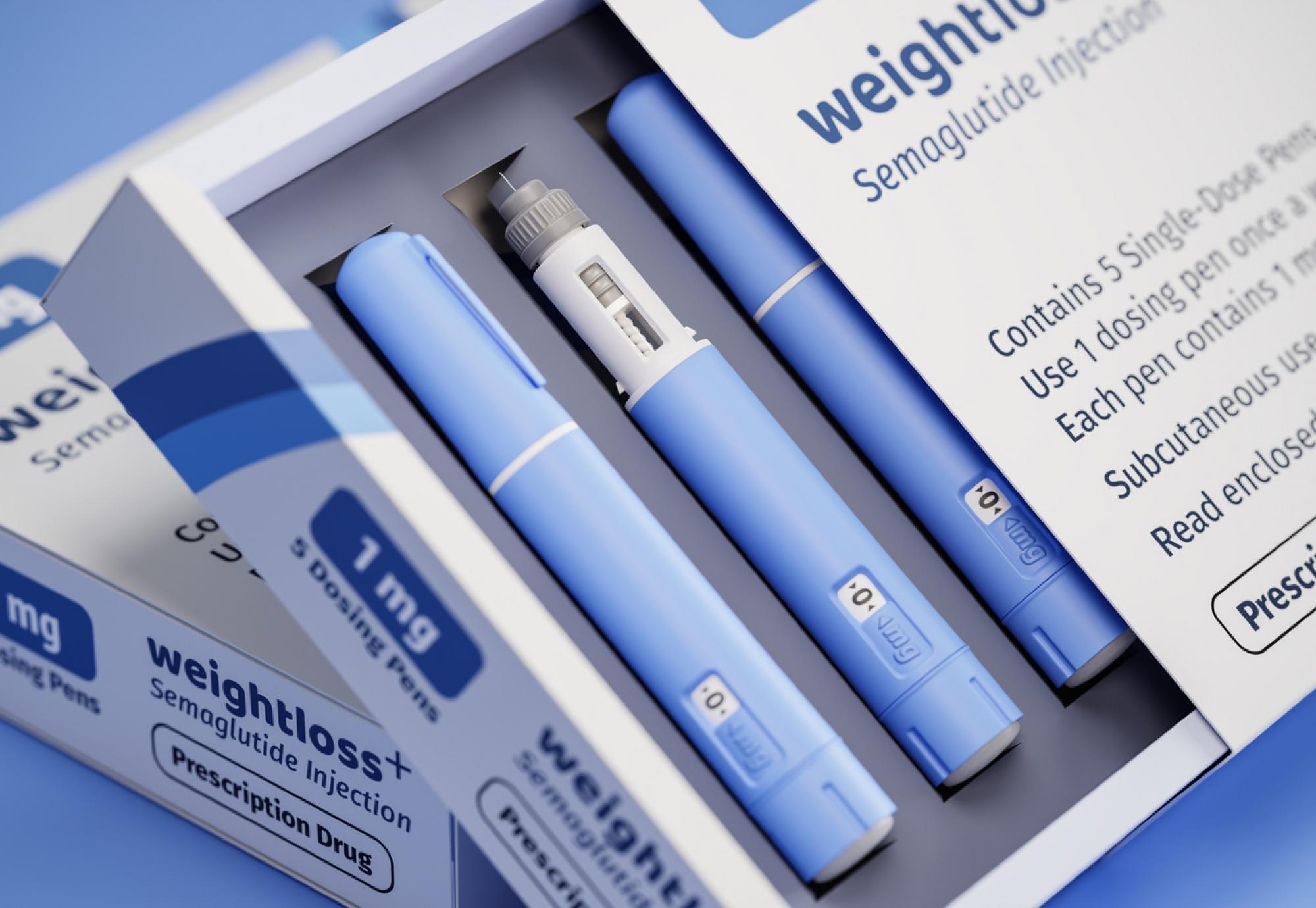The Medicines and Healthcare products Regulatory Agency and Genomics England have launched a pioneering investigation into whether a person’s genetic makeup may influence their risk of developing acute pancreatitis from weight loss drugs such as Ozempic.
The study is part of the Yellow Card Biobank, the largest initiative of its kind in the UK, and aims to advance personalised medicine by identifying genetic traits that may increase the risk of serious side effects.
Although rare, acute pancreatitis is a serious condition linked to GLP-1 medicines. Symptoms include severe stomach pain radiating to the back. Patients who experience this while taking GLP-1 drugs are urged to report it via the MHRA’s Yellow Card scheme.
Healthcare professionals are also being asked to report suspected cases and help recruit participants for the study.
Chief Scientific Officer at Genomics England, Professor Matt Brown, commented:
“GLP-1 medicines like Ozempic and Wegovy have been making headlines, but like all medicines there can be a risk of serious side effects. We believe there is real potential to minimise these with many adverse reactions having a genetic cause.
“This next step in our partnership with the MHRA will generate data and evidence for safer and more effective treatment through more personalised approaches to prescription, supporting a shift towards an increasingly prevention-focused healthcare system.”

Once a Yellow Card is submitted, the MHRA will contact patients to request participation in the Biobank. This involves providing a saliva sample via a home testing kit to help researchers determine whether genetic factors contribute to the risk of pancreatitis.
The Yellow Card Biobank is part of a long-term vision to reduce adverse drug reactions, which currently account for 1 in 6 hospital admissions. By identifying genetic markers linked to side effects, the MHRA hopes to enable rapid screening tests that will allow clinicians to prescribe the safest and most effective medicines for each individual.
Saliva kits are easy to use and come with prepaid return envelopes. The data collected will be used by approved scientists to improve drug safety and inform future prescribing practices.
Image credit: iStock



















